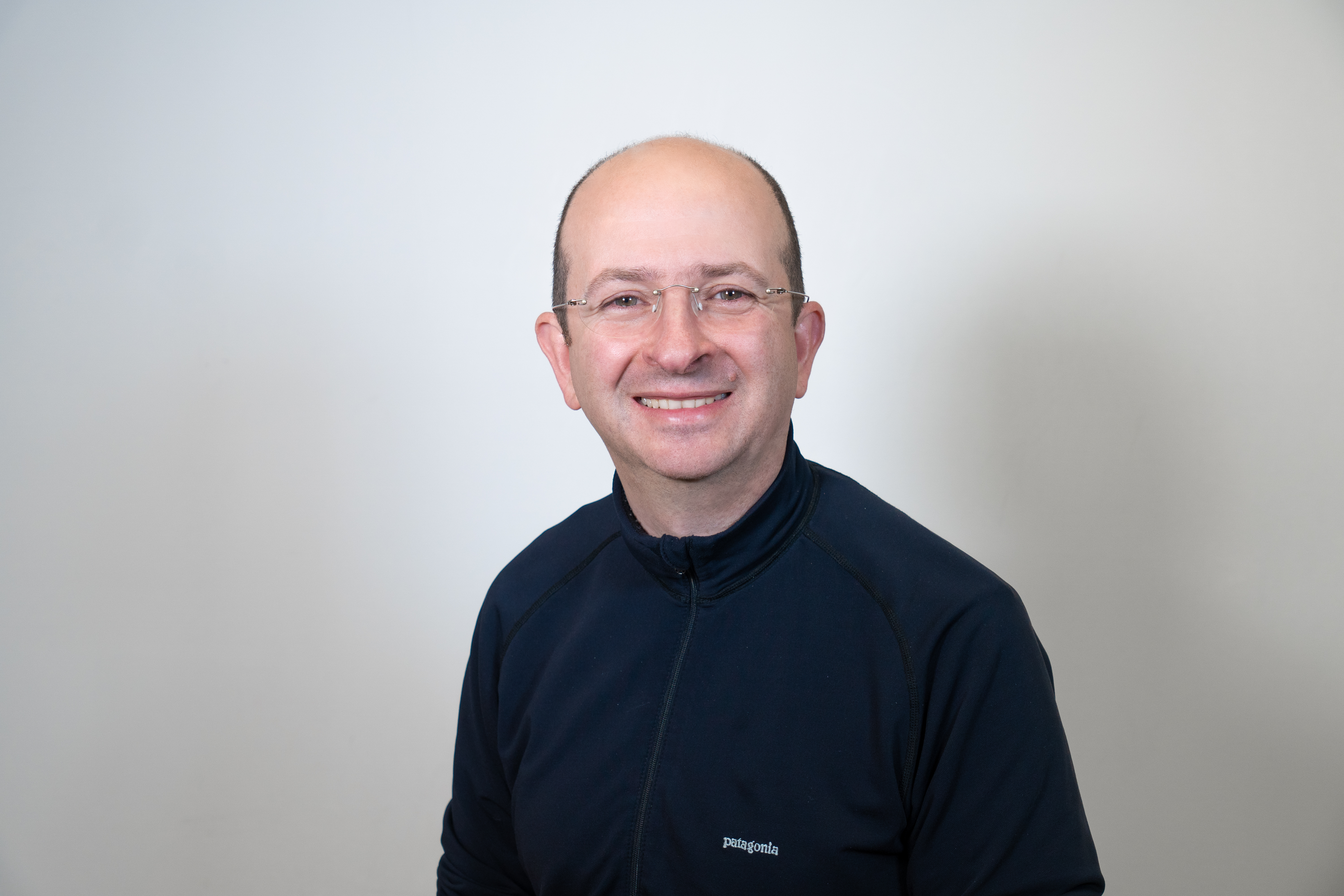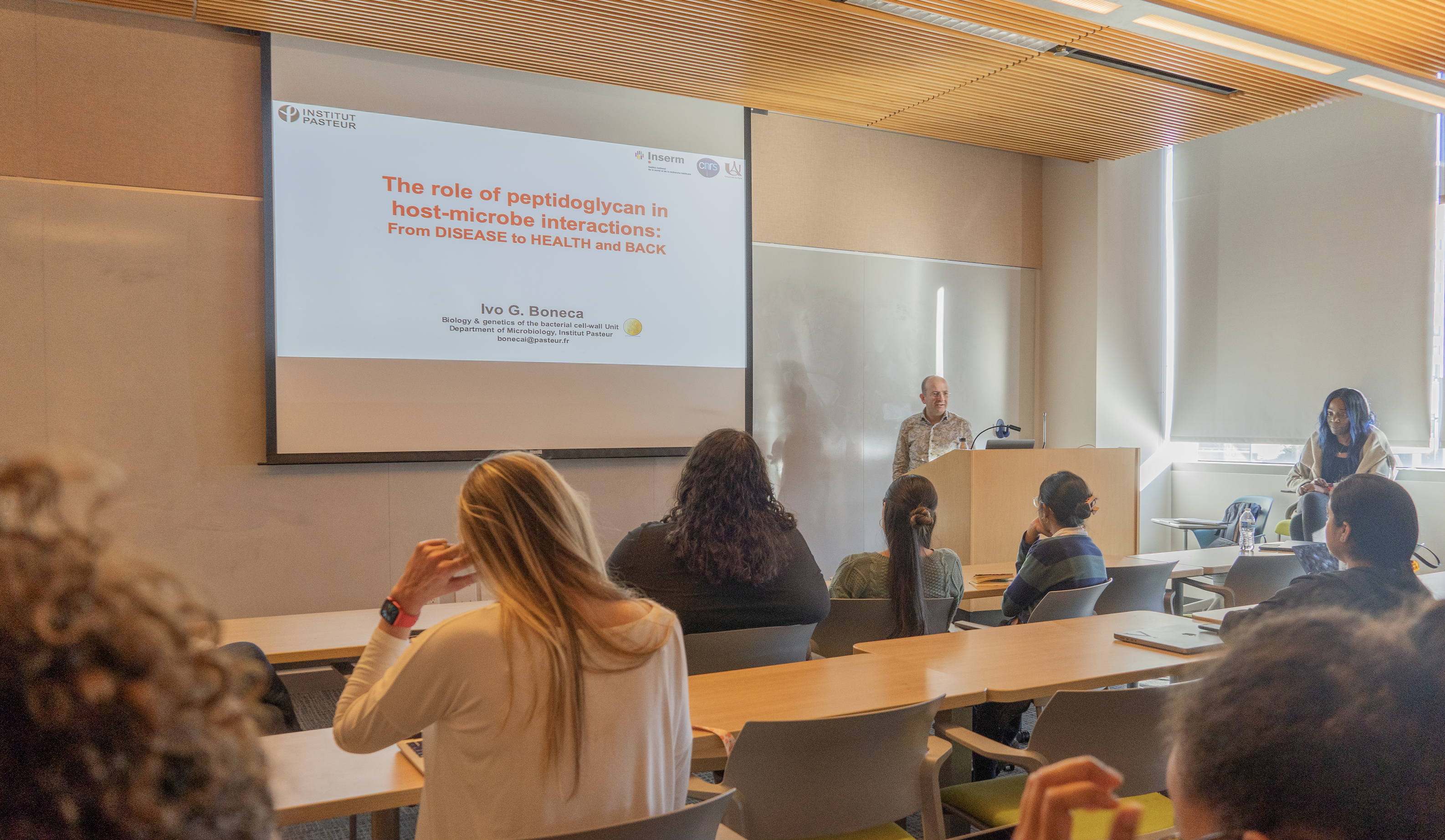
The Institut Pasteur–UCSF QBI "Faculty Mini-Sabbatical Program" is designed to exchange top academic talents from the Institut Pasteur and the University of California San Francisco for one- to three-month visits to build knowledge and new partnerships. The purpose of sabbatical leave is to provide an opportunity for faculty members to engage in scholarly, creative, professional, research, or other academic activities that will enhance the faculty member's further contributions to their institution and the world in the name of scientific research and excellence towards pandemic preparedness. In this sense, the visiting scientists will get the opportunity to interact with leading scientists from either institution on their research programs.

Ivo Boneca, INSERM Research Director and Head of the Unit Biology and Genetics of the Bacterial Cell Wall at Institut Pasteur, provides a reflection of his time at UCSF as part of the Mini Sabbatical Program.
I focus my research on the bacterial cell wall and cell envelop. I study the biogenesis of the cell surface of bacterial, how that regulates cell shape and how we can exploit this knowledge to develop new drugs targeting the bacterial cell wall. I also study the role of the cell wall in host-microbe interaction from homeostasis to disease (non-communicable and infectious origin).
The constant discovery of novel aspects of life and biology drives my motivation. That’s the most exciting part of my job.
I’m collaborating with the lab of Allison Williams as our interest have stayed aligned when Allison left Pasteur and came to UCSF to start her independent lab. Through Allison, my research interest align also with other teams with whom we applied last April 2024 to a U19 call. We are planning to continue our efforts to fund our collaboration by applying to the new PO1 call on antibacterials. In parallel, I’ve exchanged extensively with other PIs in particular Arun Prakash on common research interest on host-microbe interactions during disease.
We are social beings that need in person interactions to create meaningful lasting bonds. And the more we exchange with scientists around the world the more we expose our science and can benefit from others experiences.
As mentioned by obtaining joint grants and fostering and supporting exchanges among lab personnel.